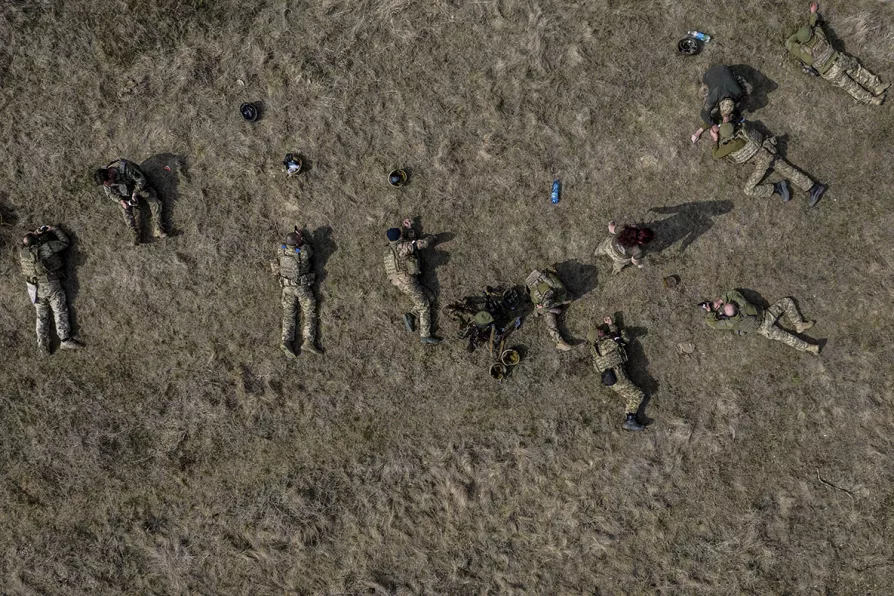John Wojcik pays tribute to a black US activist who spent six decades at the forefront of struggles for voting rights, economic justice and peace – reshaping US politics and inspiring movements worldwide

 In this photo provided by Ukraine's 24th Mechanized Brigade press service, servicemen of 3rd mechanized battalion, practice on the training ground at an undisclosed location in the east of Ukraine, March 27, 2025
In this photo provided by Ukraine's 24th Mechanized Brigade press service, servicemen of 3rd mechanized battalion, practice on the training ground at an undisclosed location in the east of Ukraine, March 27, 2025
“ONE major obstacle to dissent is certainly the ignorance and confusion induced by mainstream media,” US activist and author Michael Albert noted in 2004.
The recent news coverage of the illegal Russian invasion of Ukraine, and Trump’s political manoeuvres that seem to be aimed at ending the fighting, proves Albert’s assertion is still right on the money.
Here are four ways journalists sow ignorance and confusion, and thus help to limit opposition.

Washington plays innocent bystander while pouring weapons and intelligence into Ukraine, just as it enables the Gaza genocide — but every US escalation leaves Ukraine weaker than the neutrality deal rejected in 2022, argue MEDEA BENJAMIN and NICOLAS JS DAVIES

As Britain marks 80 years since defeating fascism, it finds itself in a proxy war against Russia over Ukraine — DANIEL POWELL examines Churchill’s secret plan to attack our Soviet allies in 1945 and traces how Nato expansion, a Western-backed coup and neo-nazi activism contributed to todays' devastating conflict











